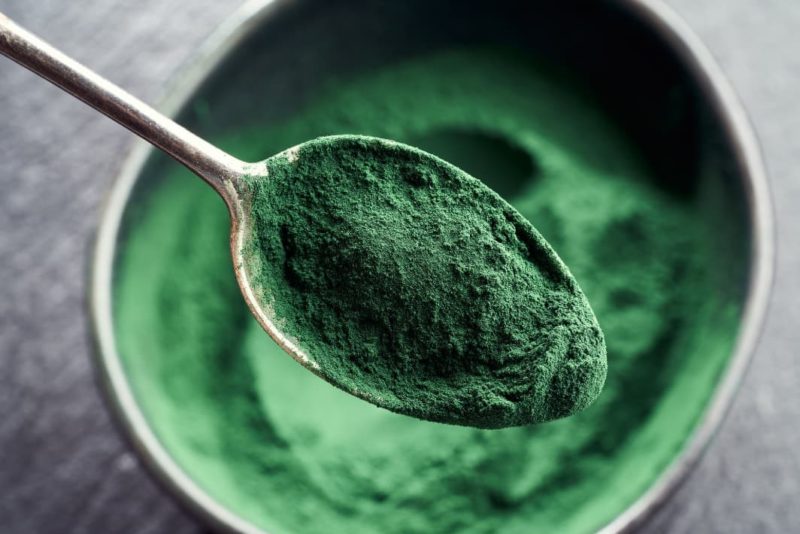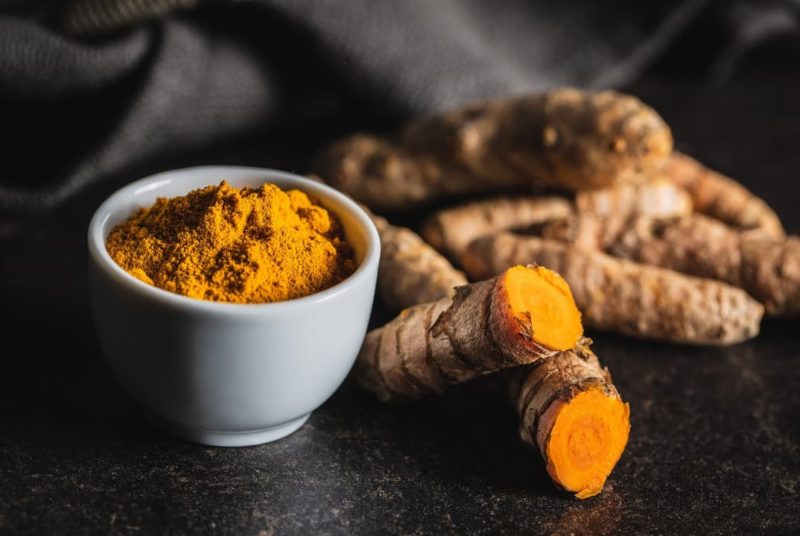You often hear about the multiple benefits of nutritional supplements. There’s a natural supplement offered for almost all of your health and beauty needs. But that’s not just a marketing ploy — when taken properly, many of them work wonders.
Nature provides you with a plethora of ways to enhance your mood, reverse the aging process, lose weight, and bolster your immune system. Supplements can help reduce stress and improve liver function.
Supplements can improve our holistic health and help provide support for positive life transformation. What’s not to love?
Nutritional (or dietary) supplements first became popular in the 1940s, and people have filled their medicine cabinets with them ever since. Today, more than one-third of Americans take daily supplements.
Nevertheless, with over 29,000 supplements offered on the U.S. market, it’s tough to know where to start. In the U.S., omega-3s, multivitamins, and Vitamin D dominate the market — and their general benefits are well known. But what about the other 28,997?
Most supplements list their healing properties on their labels, and you may find multiple supplements become dietary staples for you.
But how should you take supplements? Is there a wrong way to incorporate supplements into your diet?

What are supplements?
As defined by the National Cancer Institute, a supplement is a nutritional is taken orally and typically contains one or more of the following:
- Amino Acids: These supplements are a staple for athletes. They help build muscle mass and stave off fatigue.
- Enzymes: Enzymes increase your body’s ability to absorb nutrients and increase your energy.
- Herbs: Herbal supplements boost your immune system and can help with symptom-relief of colds and allergies.
- Minerals: If you have a pre-existing condition, want to add preventative supplements to your diet, or want a holistic health boost, you may want to take mineral supplements.
- Vitamins: The global vitamin supplement market is worth $44.12 billion, and vitamins are the most popular supplements. Vitamin supplements can bolster your immunity system and support brain and heart health. Many, like Vitamin C, are popular supplements with obvious benefits. Others, like Vitamin K, should be used sparingly.
The most popular supplements and their benefits
Before you buy multiple supplements, it’s important to understand which will enhance your holistic health. For example, if your daily diet already includes a large amount of Vitamin C, an extra supplement of the same could actually be detrimental. You should take into account the nourishment you receive from your current diet and individual supplemental needs before you purchase supplements.
From Zinc to Vitamin D, the staples of the nutritional supplement market can help transform your holistic health.
Here are some of the most popular supplements and their benefits:

Green Superfood Powders
These powders allow you to add vegetable heavy supplements to your diet. Green superfood powders help your digestion, promote radiant skin, speed up your metabolism, and hold anti-aging benefits. Spirulina and chlorella are among the most popular green super powders.
You can add a tablespoon of the green super powder to your morning smoothie or glass of water.
Vitamin B12
Our bodies need Vitamin B12 strong, and we absorb it naturally through foods like fish, poultry, and red meat. B12 is vital to red blood cell function and metabolism, and helps with nerve function.
Vitamin B12 deficiency can occur with vegetarian or vegan diets, and left untreated can lead to issues like anemia, dementia, intestinal problems, and nerve damage. Adults should have at least 2.4 micrograms of B12 daily.
Vitamin B12 has been found to help notably increase energy levels and improve memory and cognitive skills.
Fish Oil
Fish oil contains fatty acids that enhance energy and protect your cells. This supplement boosts brain health, mitigates arthritic pain, raises energy levels, and can boost your mood. Fish oil supplements are considered an excellent way to improve your physical health.

Turmeric
Turmeric has been used in medicine and spices for a millenia. The anti-inflammatory and antioxidant properties of turmeric are widely-known. By taking turmeric as a direct supplement, you may see its benefits quickly.
Turmeric is also fat soluble, so it can be cooked into high fat meals and rapidly absorbed into your bloodstream. However, too much turmeric can cause stomach issues.
Are all supplements safe?
Although most supplements provide innumerable benefits, not all supplements are healthy options. If you take daily prescribed medication or have ongoing medical conditions, it’s important to research the reactions of your supplement options. It’s also recommended you consult your medical provider before adding supplements to your diet.
Nutritional supplements aren’t heavily regulated by the federal government, so make sure you thoroughly research any product before you make a purchase.
Ensure the supplements you choose list all of their ingredients on the label. Remember, as individuals, our bodies are unique. Your reaction to a specific supplement may be different than someone else’s.
Some supplements that may have adverse interactions with other medications include:
- St. John’s Wort: Considered a natural way to combat anxiety and depression, St. John’s Wort can provide great relief. However, it can also lessen the positive effects of prescribed antidepressants.
- Vitamin K: Vitamin K is considered a phenomenal blood clotter and should not be taken in conjunction with blood thinners.
- Comfrey and kava herbal supplements: Comfrey can help with wound treatment, and kava is a natural relaxant. However, some correlations have been drawn between these herbs and liver toxicity.
- Vitamin D: Vitamin D is a fantastic natural provider of immunity boosts, bone health, and holistic health. However, when taken in abundance, a Vitamin D supplement can cause issues. Most of us have Vitamin D in our diets and absorb it through sunshine. If we overdose on Vitamin D, we can experience kidney stones, muscle pain, and mood disorders.

How to take supplements
Nutritional supplements to support your body come prepackaged in a plethora of forms, including capsules, liquid, powder, and pill form. If you don’t want the hassle of ingesting multiple liquids and pills every day, multivitamins are a great alternative.
Follow the label recommendations for the best ways to take your supplements. Some supplements are best taken with food, while others are safe on an empty stomach. Don’t exceed the recommended daily dose — this won’t enhance the impact of nutritional supplements but could cause stomach issues.
Nutritional supplements should be incorporated into your holistic lifestyle. Physical exercise, hydration, and meditation cannot be replaced by supplements. However, used in conjunction with other fantastic health practices, supplements may be just the addition you need! For example, incorporating Detox Me Daily supplement into your routine can support your body’s natural detoxification process, enhancing your overall wellness journey.
by





